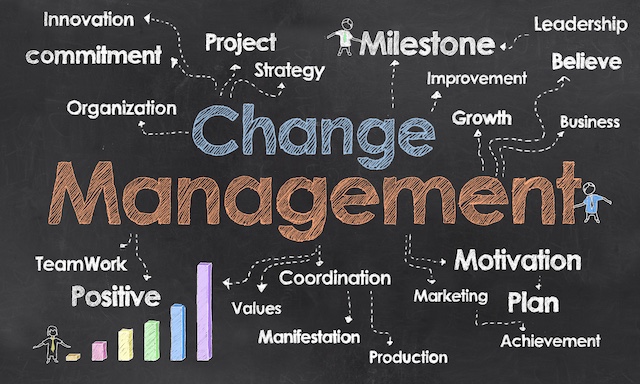What Is HR Tech?
Human Resources Technology, commonly known as HR Tech, refers to the integration of digital tools, software, and platforms designed to streamline and enhance various HR processes within an organization. HR tech encompasses a broad range of applications, including but not limited to, Human Resource Information Systems (HRIS), Applicant Tracking Systems (ATS), Learning Management Systems (LMS), and performance management software. It aims to automate repetitive tasks, improve data management, and optimize workforce-related functions, ultimately increasing the efficiency and effectiveness of HR operations. HR tech is pivotal in modern HR management by providing data-driven insights, facilitating talent acquisition, and supporting strategic decision-making for overall organizational success.
Why Is HR Tech Important for Companies?
HR technology is essential for companies because it enables efficient and intuitive talent management while providing valuable people data. Manual workflows are prone to errors and delays, while disparate systems lead to fragmented visibility. HR tech consolidates activities like applicant tracking, onboarding, learning, performance reviews, goal setting, and succession planning onto unified platforms. This reduces administrative tasks for HR teams and managers, allowing them to focus on more strategic priorities.
Digitization also creates a better employee experience through self-service access and mobile flexibility. Technologies like people analytics offer previously unavailable workforce insights around trends, risks, and opportunities.
How Can HR Tech Enhance Company Culture?
HR Tech can significantly enhance company culture by fostering transparency, communication, and employee engagement. Firstly, collaborative platforms and communication tools facilitate seamless interaction, breaking down silos and promoting an open, inclusive environment. Performance management systems provide real-time feedback, encouraging a culture of continuous improvement and recognition. Learning Management Systems (LMS) support ongoing skill development, reinforcing a commitment to employee growth. HR Tech analytics offer insights into employee sentiment, allowing proactive interventions to address concerns and enhance satisfaction. Automation of routine tasks through HRIS ensures efficiency, freeing up time for HR professionals to focus on building a positive workplace culture. Overall, the strategic implementation of HR Tech aligns with cultural values, promoting a tech-savvy, dynamic work environment that values innovation, communication, and employee well-being.




